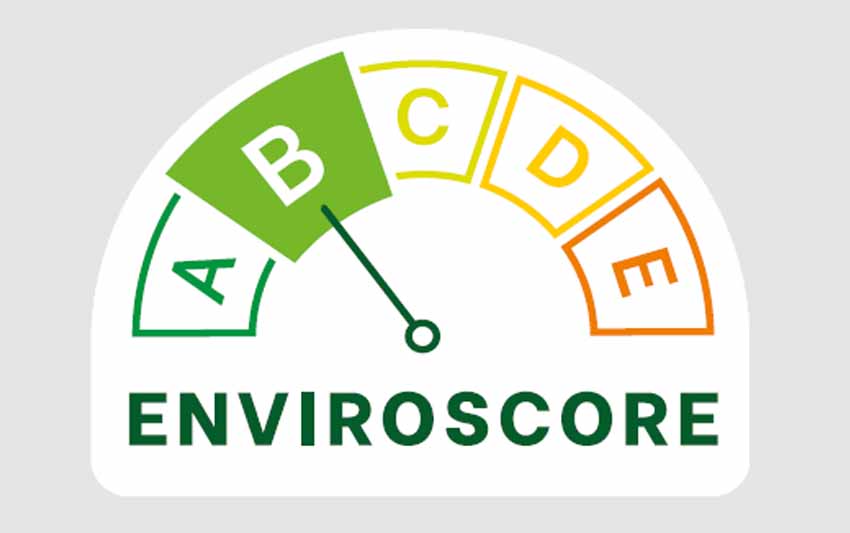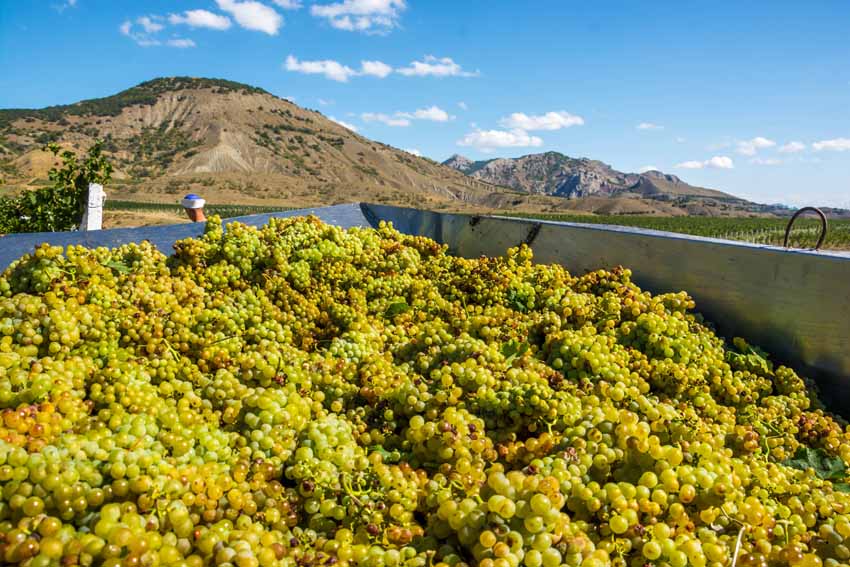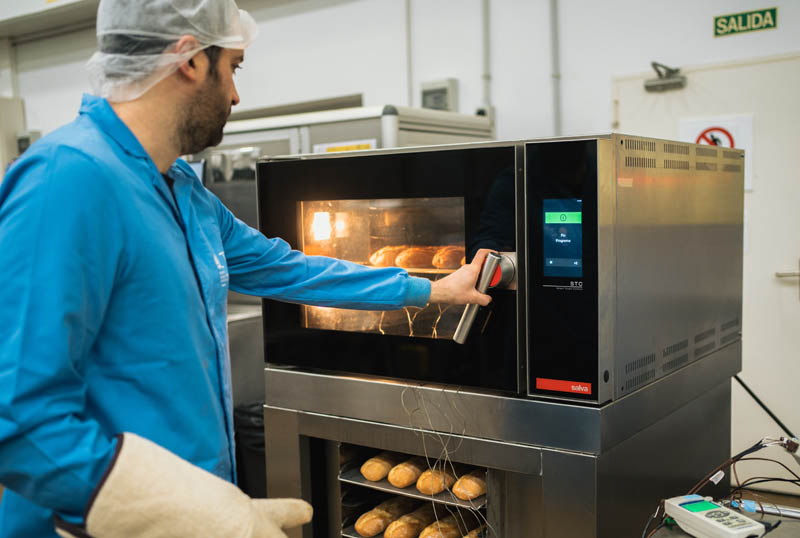ENVIRO-SCORE: Towards environmentally sound and scientifically rigorous food and drink shopping
Últimas noticias
Una mirada LGTBIQ+ al reino animal
Circular Economy in Action: Valorisation of By-products through Projects like PRIMA NEWFEED
Strategic Perspectives: Highlights from the Food4Future World Summit for Business Leaders
- AZTI and the University of Leuven have developed ENVIRO-SCORE ®, a label that makes it easy to recognise the degree of environmental sustainability of food and beverages at the salepoint
- The label is based on the Environmental Product Footprint methodology, approved by the European Commission, and has undergone a rigorous validation process before being launched
- ENVIRO-SCORE® will allow companies to communicate the environmental impact of their products in a simple way and will make it easier for consumers to choose more sustainable products
Derio, 17 February 2021– In 2018, as part of the BETTER project financed by EIT FOOD, the consortium formed, among others, by the Basque technology centre AZTI, a member of the BRTA alliance, set itself the objective of creating a system that would allow the environmental impact of food and beverages to be easily and quickly assessed at the point of sale.
One year later, AZTI and the University of Leuven (Belgium) developed ENVIRO-SCORE ®, an environmental communication system for food products based on the European Environmental Product Footprint methodology, which has undergone a rigorous validation process for a year to certify its operation.
The methodology behind the system is designed both to differentiate the environmental performance of different products and to choose the most sustainable option within the same type of product. This system assigns an environmental impact rating (A, B, C, D or E) to different food and beverage products based on the product’s primary production, processing, packaging, distribution, consumption and waste management methods.
“It is a simple, visual, intuitive and scientifically robust communication system that will provide consumers with understandable information to identify and compare the most sustainable alternative among different food and drink products”, explains Jaime Zufía, coordinator of AZTI’s Efficient and Sustainable Food Chain.
ENVIRO-SCORE®, will help the consumer to know the answer to questions such as: What is better for the environment, to consume an organically produced local beef steak or an intensively produced mango delivered from Costa Rica by plane? What is more sustainable, to consume bulk oranges from South Africa, or packaged oranges from Valencia?
In this way, consumers can improve the environmental sustainability of their food and beverage shopping basket and become aware of the real environmental impact of these products. Their purchasing behaviour will also stimulate innovation by companies in the sector to offer more sustainable goods and services and set minimum standards to reduce the environmental impact of products.
ENVIRO-SCORE is an algorithm combining 16 environmental impacts
“ENVIRO-SCORE® es un algoritmo que agrega los impactos ambientales generados a lo largo de todas las etapas de producción y consumo de un kilogramo de producto en una única puntuación final. En concreto se combinan 16 impactos ambientales, entre los que se incluyen el potencial de cambio climático, el agotamiento de la capa de ozono, la contaminación de las aguas, el agotamiento de recursos fósiles o la toxicidad.” Explica Saioa Ramos, responsable del proyecto e investigadora del área de Cadena Alimentaria Eficiente y Sostenible de AZTI.
Con el fin de facilitar la comprensión del valor final, de la mano de personal experto en la materia, se han establecido los umbrales para convertir la puntuación agregada a un sistema de comunicación de 5 escalas (A-E), el ENVIRO-SCORE ®.
Tras la validación con 149 productos alimentarios, se ha concluido que el sistema es capaz tanto de captar la variabilidad de impacto entre los diferentes productos alimentarios y bebidas como de discriminar, dentro de la misma tipología de productos, aquellos productos con “peores” técnicas de producción, envase excesivo o largas distancias de transporte.

ENVIRO-SCORE da respuesta a una necesidad que parte del mercado y de la empresa alimentaria
The European Union is committed to a radical transformation towards a more sustainable model of society. The principles and direction of this transformation are defined by the Paris Agreement, the 2030 Agenda, the Green Pact and its related strategies. All this, coupled with the extraordinary effort planned to recover from the pandemic with a different and “better” model.
In this sense, the food system is at the centre of attention, being both a cause and a victim of the environmental impact generated in Europe. Therefore, in order to reduce environmental degradation and achieve the Sustainable Development Goals, it is essential to promote improvements in the production and consumption of food and beverages.
Consumers are increasingly aware of this need and are more aware of the environmental impact of food, and companies have made sustainability a fundamental pillar of their corporate values.
Furthermore, the optimisation of production resources and the innovation generated around sustainability has led to greater profitability, which has also contributed to making respect for natural resources one of the keys to the future of markets.







